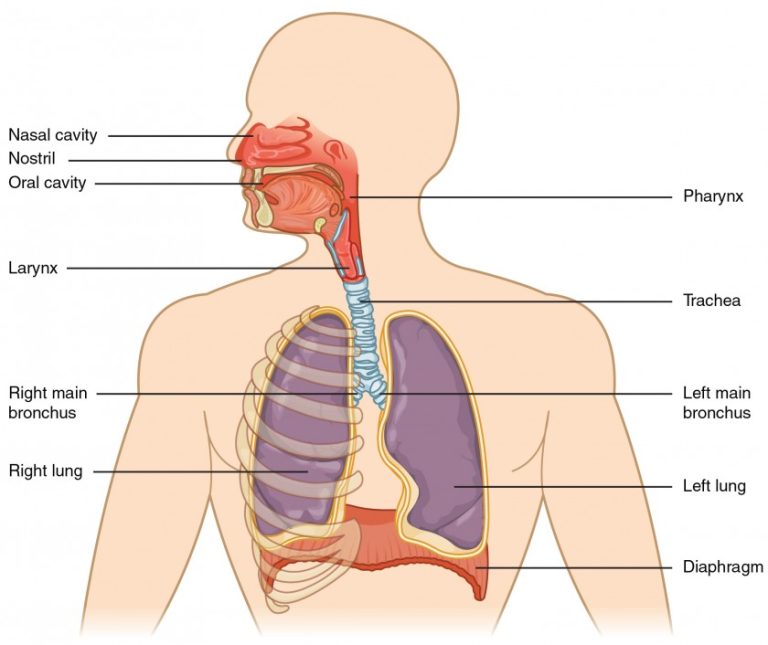Basic Medical Terminology | A-Z Medical Terms
Basic Medical Terminology | A-Z Medical Terms
Medical terms along with their meanings
Medical terms in medicine are specialized vocabulary used by healthcare professionals to accurately describe the human body, its conditions, procedures, and treatments. These terms are often derived from Latin and Greek roots, which allow for precision and consistency across different languages and regions. Here are basic medical terms across various categories: Basic Medical Terminology | A-Z Medical Terms
-
Hypertension:
- Meaning: A condition characterized by consistently high blood pressure, which increases the risk of heart disease, stroke, and other health problems.
-
Diabetes Mellitus:
- Meaning: A metabolic disorder characterized by high blood glucose levels over a prolonged period, either due to insufficient insulin production or the body’s cells not responding properly to insulin.
-
Anemia:
- Meaning: A condition in which the blood doesn’t have enough healthy red blood cells or hemoglobin, leading to reduced oxygen transport to the body’s tissues.
-
Osteoporosis:
- Meaning: A bone disease where decreased bone strength increases the risk of a broken bone, commonly seen in older adults, especially postmenopausal women.
-
Myocardial Infarction:
- Meaning: Commonly known as a heart attack, it occurs when blood flow to a part of the heart is blocked for a long enough time that part of the heart muscle is damaged or dies.
-
Epilepsy:
- Meaning: A neurological disorder marked by recurrent, unprovoked seizures due to abnormal electrical activity in the brain.
-
Chronic Obstructive Pulmonary Disease (COPD):
- Meaning: A group of progressive lung diseases, including emphysema and chronic bronchitis, that cause obstructed airflow from the lungs and breathing difficulties.
-
Gastroesophageal Reflux Disease (GERD):
- Meaning: A chronic condition where stomach acid or bile flows back into the esophagus, irritating its lining and causing symptoms like heartburn.
-
Cerebrovascular Accident (CVA):
- Meaning: Also known as a stroke, it occurs when blood supply to part of the brain is interrupted or reduced, preventing brain tissue from getting oxygen and nutrients.
-
Inflammatory Bowel Disease (IBD):
- Meaning: A group of disorders, including Crohn’s disease and ulcerative colitis, characterized by chronic inflammation of the gastrointestinal (GI) tract.
-
Hematoma:
- Meaning: A localized collection of blood outside the blood vessels, usually caused by an injury or trauma, resulting in a swelling or bruise.
-
Hyperlipidemia
- Meaning: A condition characterized by abnormally elevated levels of lipids (fats) in the blood, which can increase the risk of cardiovascular diseases.
-
Metastasis
- Meaning: The spread of cancer cells from the primary site of origin to distant parts of the body, forming secondary tumors.
-
Nephrolithiasis
- Meaning: Also known as kidney stones, it is a condition where hard deposits made of minerals and salts form in the kidneys, causing pain and urinary issues.
-
Pneumonia
- Meaning: An infection that inflames the air sacs in one or both lungs, which may fill with fluid or pus, leading to cough, fever, and difficulty breathing.
-
Psoriasis
- Meaning: A chronic autoimmune skin condition that speeds up the growth cycle of skin cells, causing red, scaly patches on the skin.
-
Rheumatoid Arthritis:
- Meaning: An autoimmune disorder that primarily affects joints, causing inflammation, pain, and swelling, which can lead to joint damage and deformity.
-
Sepsis:
- Meaning: A life-threatening condition caused by the body’s extreme response to an infection, leading to tissue damage, organ failure, and death if not treated promptly.
-
Thrombosis:
- Meaning: The formation of a blood clot inside a blood vessel, obstructing the flow of blood through the circulatory system, which can lead to serious health issues like stroke or heart attack.
-
Varicella:
- Meaning: Also known as chickenpox, it is a highly contagious viral infection that causes an itchy rash with small, fluid-filled blisters, primarily affecting children but can occur in adults.
These additional terms further expand the understanding of various medical conditions and their implications.





